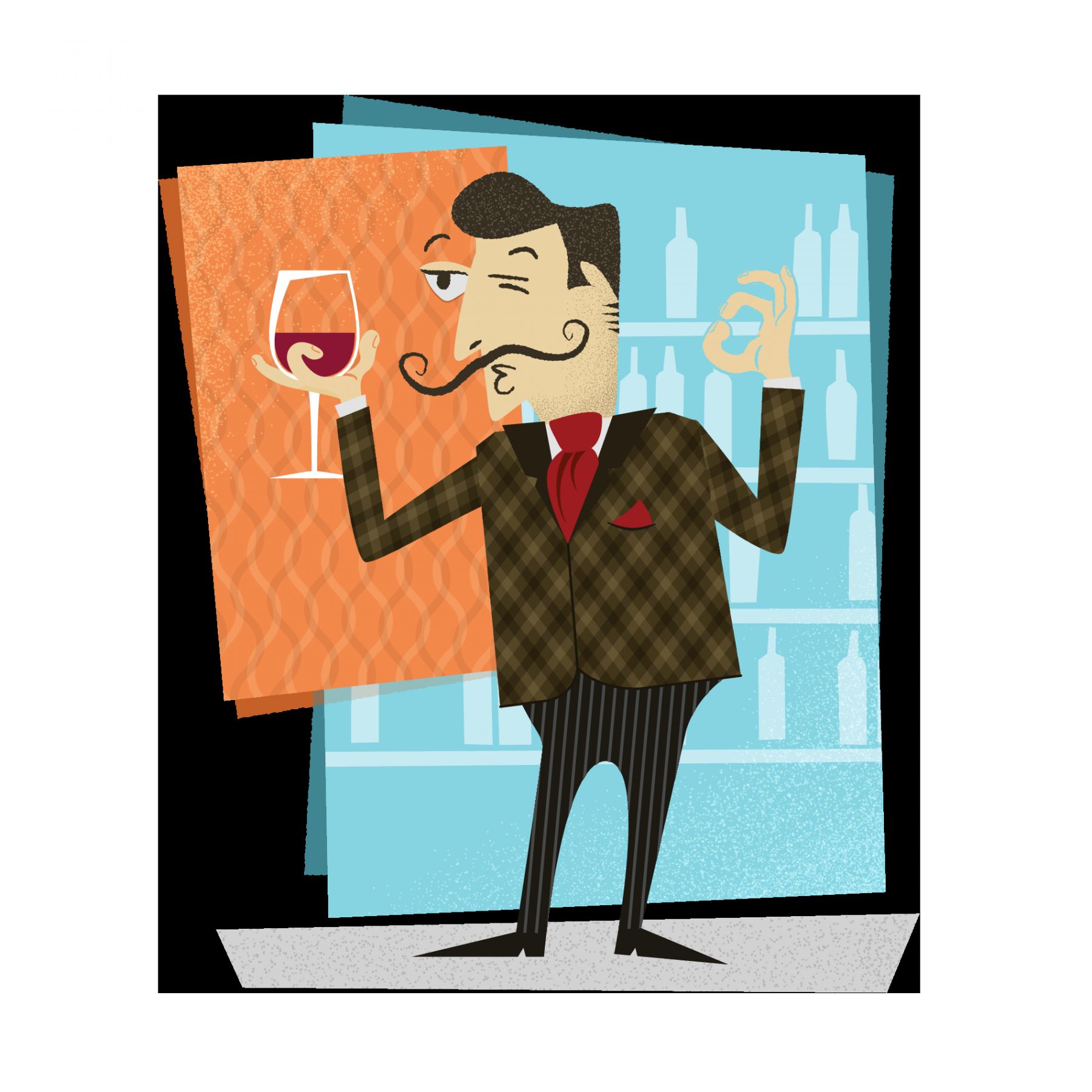Preparing for your first winery visit? Our wine expert breaks down the dos and don'ts of when you're visiting a winery
Do
Prepare a list of strong questions. Wine conversations can be endless, so make sure you’re steering the discussion with questions more insightful than “What is the blend of this wine?” Engaging queries may get you invited back.
- Take notes. You think you won’t forget that incredible 1988 that Jean-Claude pulled out of the cellar for you, but 20 tastes of Gevrey later and you will. I take all my notes on my phone, sometimes voice recorded, and usually take a snapshot of the label. Ask whoever is guiding you which wines they enjoy drinking other than their own. It engages them on a level beyond the immediate interaction and could yield unexpected bonus visits if they name somebody local.
- Wear comfortable shoes. Wineries often have uneven flooring; I learnt the hard way that heels are a health hazard.
- Bring both a wrap/jacket and a sunhat. Vineyards are sunny and often windy; cellars and barrel rooms are frigid.
See also: Expert Tips on How to Plan the Perfect Wine Holiday
Don't
- Brush your teeth, smoke or drink coffee right before a tasting appointment—your palate will be off for at least an hour.
- Brush right after your visit. Wait at least an hour after an appointment, however tempting it may be when you see the vampiric state of your teeth, or you’ll brush your enamel right off.
- Drink at the tasting. As much as it will pain you to spit out the wines, it will be nothing compared to the hangover you will have that evening if you don’t.
- Start speaking the local language to your host if other members of your group can’t understand (unless the host is demonstrably uncomfortable speaking English). It’s rude and puts the host in a tricky position.
- Be too demanding. It’s fine to drop somewhat unsubtle hints like “I’ve just started collecting your wines and would love to get an understanding of how they taste when mature”, but bear in mind that even illustrious wineries don’t always have a great library selection, especially outside Europe. If nothing older is proffered, try asking if any local restaurants or shops stock older examples of their wine; this can yield some hot insider tips.
See also: How To Talk Authoritatively—And Interestingly—About Champagne
